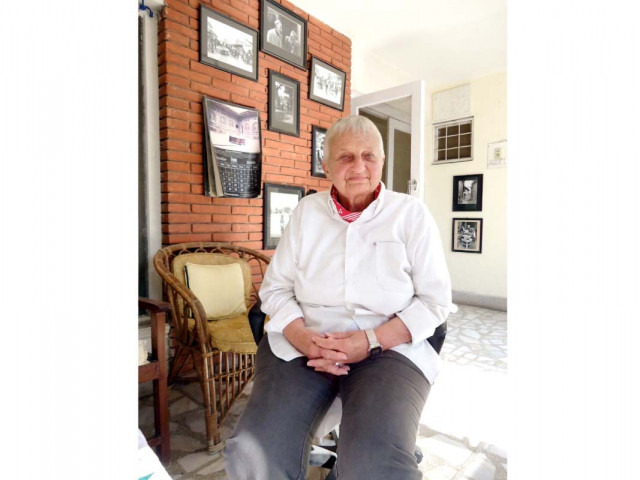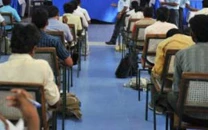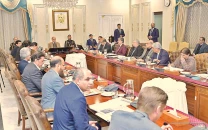Bibi Dow of Kalash forced to leave home
Briton Maureen Lines dedicated her life to Kalash people, but is harassed by security personnel.

The locals call her Bibi Dow – because it is easy to pronounce – but for the 75-year-old social worker Maureen Lines, life has been anything but for the past few years.
On the pretext of security, police personnel took Lines away from her home, in Birir village of Kalash Valley, and whisked her to a rundown Governor cottage in Chitral town. The Taliban are after her, she was told.
“I was taken in custodial arrest, and even the doors of the place where I was kept were bolted,” said a distressed Lines speaking to The Express Tribune in Peshawar, where she is now forced to live.
“I have been separated from my life; it is shocking, and a violation of human rights,” she added, talking about security restrictions placed on her by local authorities.
Who is Maureen Lines?
Granted a Pakistani citizenship in 2004, the 75-year-old social worker is known as the ‘barefoot doctor’ for scurrying through Kalash to treat the locals of their ailments. Lines has dedicated her life to improving the welfare of the Kalash community since she moved to Pakistan in 1980.
She was born in the UK and lived the world over before settling down with a local Kalash family. She subsequently set up the Kalash Environmental Protection Society (KEPS) in 1993. “In 1979, I was planning a trip across Africa and then came across a documentary on the interesting Kalash people of Chitral,” she said.
The documentary made her change her plans, and she travelled through Egypt and Sudan, flew to Bahrain and then sailed to Karachi onboard P&O ship, Dawaka. Lines then took a train to Rawalpindi and boarded a bus to Peshawar from there.
The city instantly arrested her imagination. “It had an ambience, atmosphere and without heavy traffic; the old city was just fabulous with its narrow alleys, bazaars and tea shops,” she reminisced.
Then she boarded a bus to Landi Kotal in Khyber Agency. On-board were tribal women who were mesmerised by a Caucasian amongst them. “They were fascinated with me and one of them touched my face and lifted her veil, followed by the rest,” she said.
Second time’s a charm
Lines came back again in 1981, after saving money from interior decoration and painting in England, and was given a two-month permit by then-deputy commissioner of Chitral, Shakil Durrani.
While in Birir village, she was invited to by a local woman, Taqdeera, to stay at her home. An incident during that stay, however, altered her life forever.
“I heard a cry for help, and ran to the scene to discover a young girl bleeding from her head after a tree branch struck her head,” Lines said.
She had basic first-aid training and could not treat the girl but she washed the wound, and the girl luckily recovered.
Lines then went to New York and received two years of training as an emergency medical technician and returned to Kalash Valley. “I had four puppies, a rucksack of medicines, a plastic bag and went door to door, village to village, treating sick people.”
Social work
After founding KEPS, Lines set up a British charity, the Hindukush Conservation Association, in 1995 which pays for the infrastructure, workers’ salaries and the medical programme. At present, Lines is building a high school in Birir village.
She was awarded the Tamgha-e-Imtiaz in 2007 for her work on improving the welfare of the Kalash community. She has also authored four books on northwestern Pakistan and the Kalash people.
Lines said the situation of the Kalash people has improved over the years but adds that plunging numbers of tourists following 9/11 has affected them badly.
“They have two sources of income: tourism and forestry; the former has dropped, while trees are mercilessly chopped down by the timber mafia,” she said.
She also complained bitterly about the local authorities who have been regularly forcing her to stop her work under various pretexts for some years.
“They are big shots who have a problem with me and do not want me to be there,” she said.
Lines said she believes the Kalash people are her family, and it pains her to be away from them.
“But [the authorities] laugh when I call the people my family; they treat it as a joke,” she added.
Published in The Express Tribune, November 15th, 2012.


















COMMENTS
Comments are moderated and generally will be posted if they are on-topic and not abusive.
For more information, please see our Comments FAQ